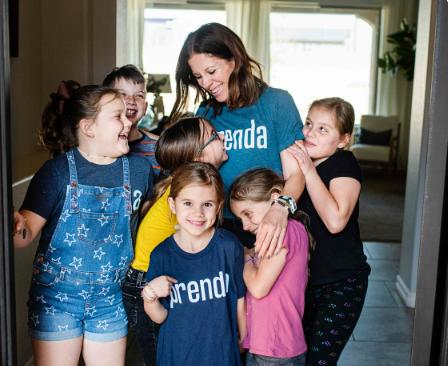Tag: pluralism

Size matters: Microschools and education pluralism
Just what is a microschool? The Christian Science Monitor takes a thorough and balanced look at the growing movement. Ask a dozen microschool leaders to describe their schools, and you’ll likely receive a dozen slightly different responses: Montessori-inspired, nature-focused, project-based, faith-oriented, child-led, or some combination of other attributes. They may exist... READ MORErevisitED: Sex, drugs and school choice
Editor’s note: This month, redefinED is revisiting the best examples...
READ MOREPluralism and the new definition of public education
When it comes to public education, the U.S. stands apart...
READ MORESex, drugs and school choice
The Netherlands is one of the most liberal nations on...
READ MORE‘Diversity. Pluralism. Variety.’
This is the latest post in our series on the...
READ MORESchool choice restores parental responsibility
The American school system was, from its inception, a product...
READ MORESchool choice is good for democracy
The belief that a society or a nation can be...
READ MORE

